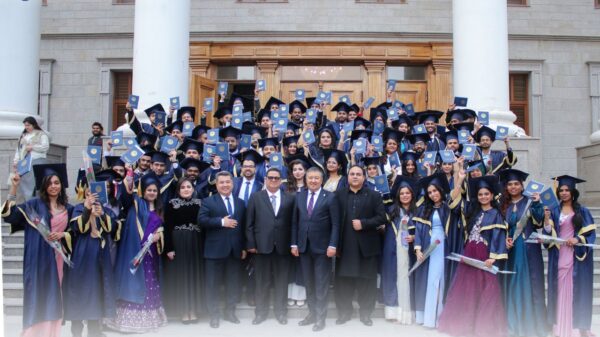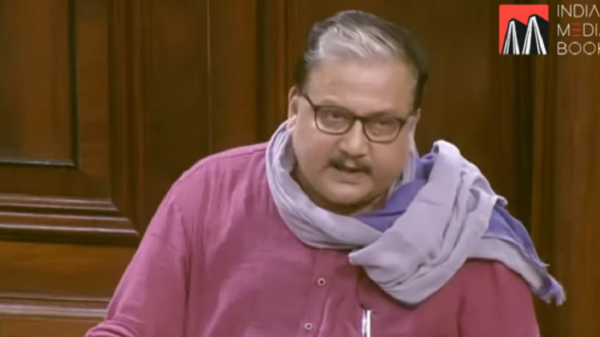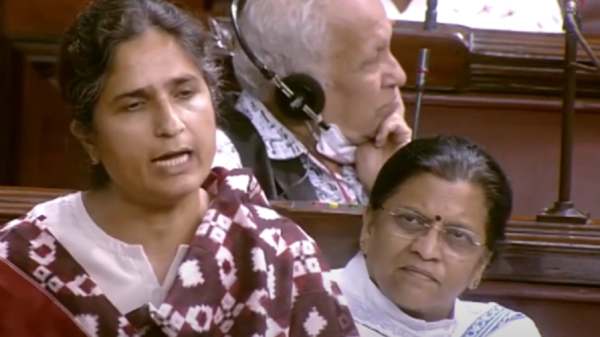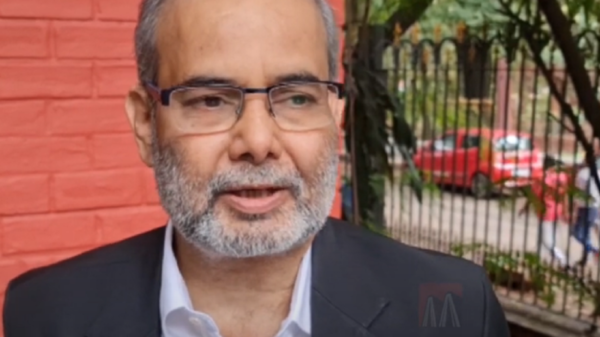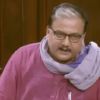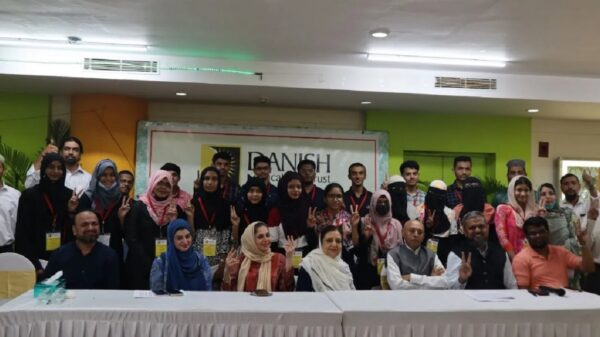After an overnight halt at various locations, Maharashtra farmers resumed their 200-km ‘Kisan Long March-2’ from Nashik to Mumbai to protest against what they termed a “betrayal” of the peasantry by the BJP governments in the state and the Centre.
Organised by the CPI-M’s peasant wing All India Kisan Sabha (AIKS), the march has attracted farmers from all over the state including many women. The eight-day march will end in Mumbai on February 27, coinciding with the budget session of the Legislature.
February 20 was the fourth death anniversary of Communist ideologue and writer Govind Pansare and February 27 will mark the 88th anniversary of the martyrdom of revolutionary freedom fighter Chandrashekhar Azad.
Alarmed by the developments, the Bharatiya Janata Party-Shiv Sena government’s Water Resources Minister Girish Mahajan rushed to Nashik on Wednesday afternoon to pacify the farmers and urge them to call off the Long March.
“There was a marathon meeting between the Minister and the farmer leaders till 1.30 a.m. today, but there were no concrete assurances from the government side. Hence, the Long March has resumed this morning,” said AIKS spokesperson P.S. Prasad.
AIKS President Ashok Dhawale on Thursday vowed that the march will continue until “the government gives written assurances on its demands” and that this time the turnout of farmers was around 50,000 – much higher than last year.
He claimed that the state government was putting obstacles in the march and resorting to “repression” through the police against the peaceful procession.
The decision for the march was taken at the February 13 farmers’ convention in Ahmednagar. The organisers have warned against any attempts to crush their peaceful march.
Prasad added that police in several towns and districts stopped or detained farmers from continuing the march without assigning any reason. Cases were lodged against AIKS office-bearers.
The farmers’ demands include immediate relief in view of the severe drought situation in the state, issues related to irrigation, land rights, full loan waiver, minimum support prices at one-and-a-half times the total production cost, a pro-farmer crop insurance scheme, enhanced pension for elderly farmers as well as food and health security.
On March 12, 2018, after a gruelling march by around 35,000 peasants, the Maharashtra government “accepted” a majority of their demands after which the farmers’ agitation, which secured support of all the parties, was called off.
IANS























